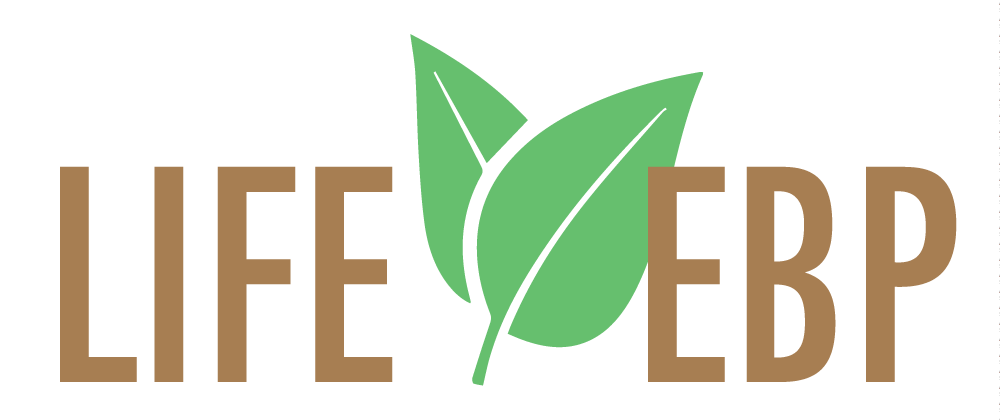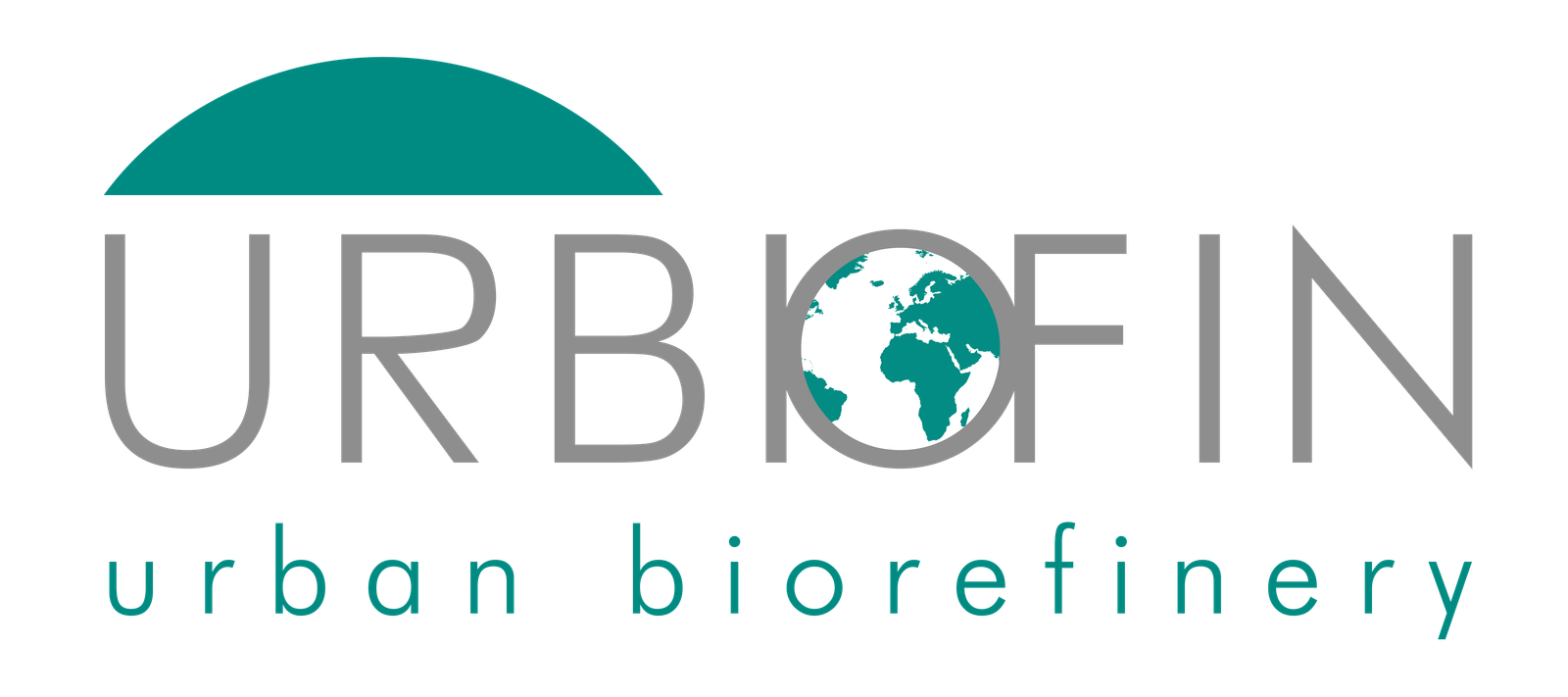Pitch Perfect and Boost the European Bioeconomy 2021
A one day physical event of intense cross-border pitching, matchmaking and networking in the heart of Europe
28 September 2021, 10 am – 5 pm
Sheraton Brussels Airport Hotel
This pitching, matchmaking and networking event brings together the networks of six important bioeconomy platforms: Pilots4U, Tech4Biowaste, BioeconomyVentures, Smartbox, Waste2Func and Bio Base Connect.
As such, we can guarantee a diverse attendancereaching from investors, SMEs, start-ups, about-to-be start-ups, scale-ups, large companies, research organisations, technology providers to organisations offering relevant innovation services such as access to finance, scale-up trials, application testing, business plan writing, feedstock analysis, life cycle assessment, social acceptance, etc.
Participants are invited to submit a pitch application for a 6 minutes pitch. As we are organising 6 pitch sessions of 90 minutes each, we are looking for at least 66 inspiring pitches. Not to exclude any interesting developments, pitch categories are not defined upon registration but should be relevant for further development of the bioeconomy.
The matchmaking are one-on-one meetings of 15 minutes aimed at finding new partners. The scheduling of these meetings will be supported by an online matchmaking system, easy to use on a smartphone or laptop.
MORE INFORMATION AND REGISTRATION







